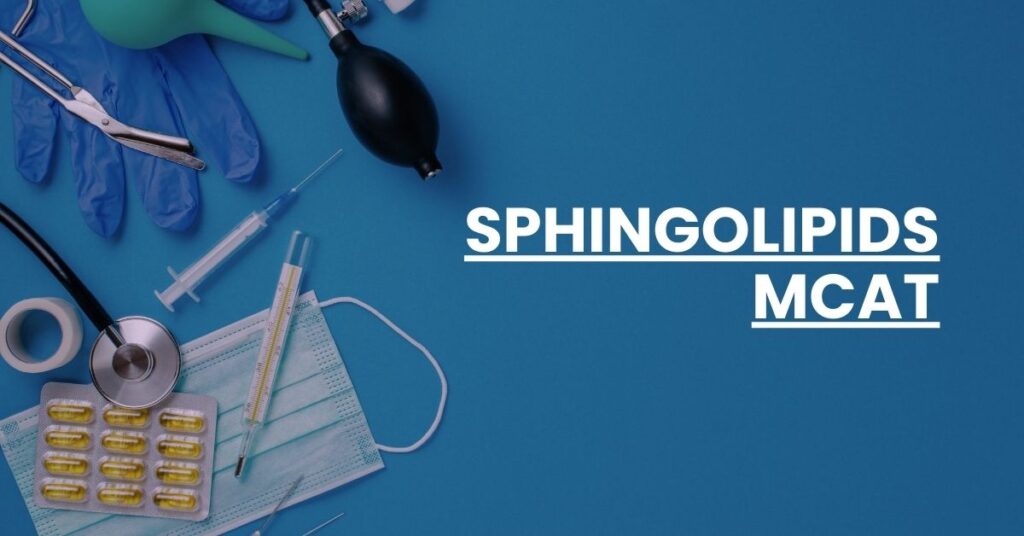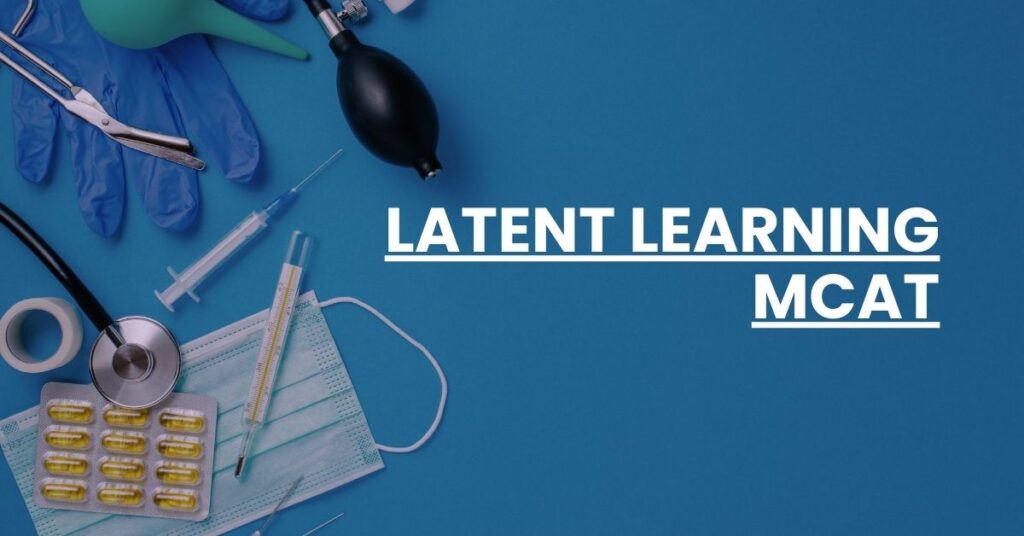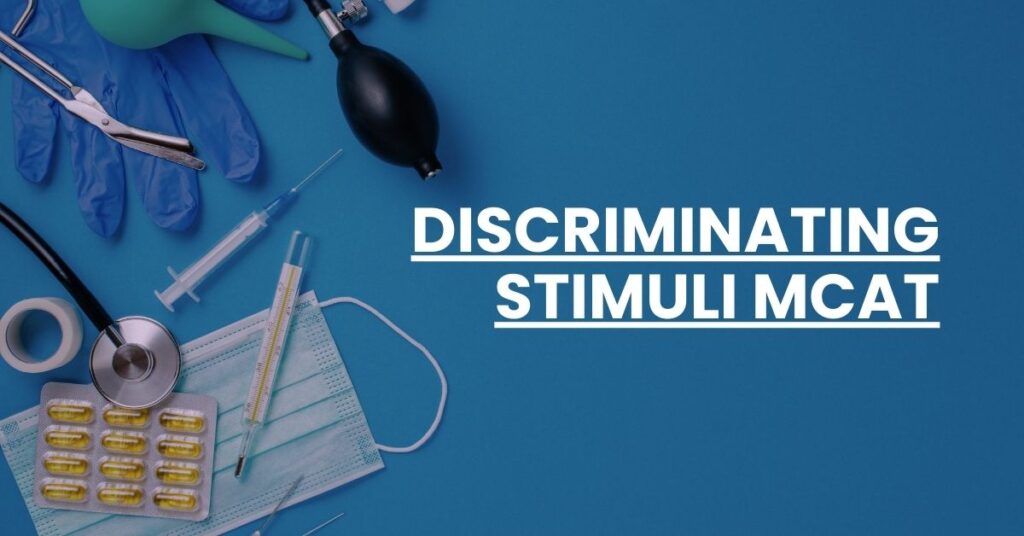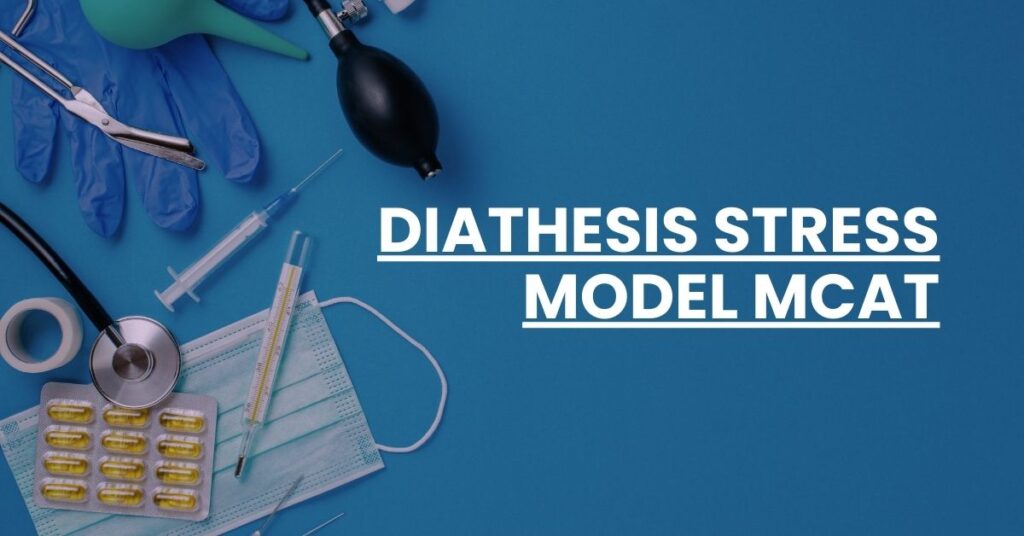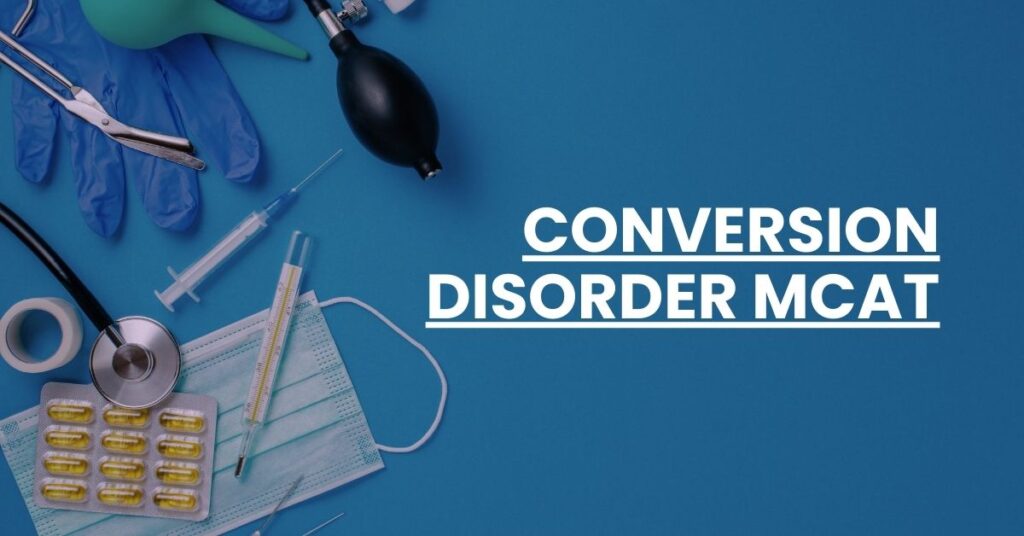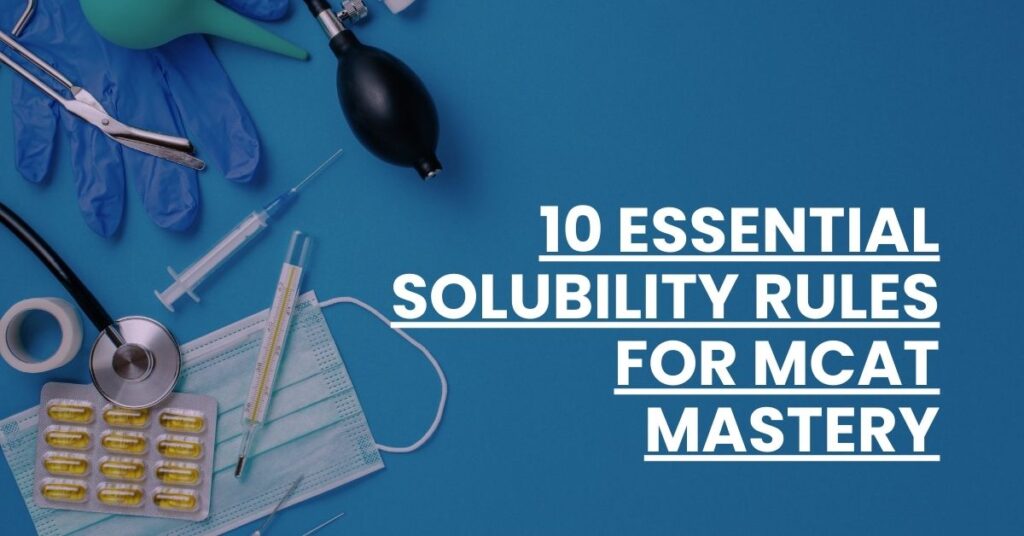Sphingolipids MCAT
Sphingolipids are essential components of cell membranes, affecting everything from signal transduction to the integrity of the nervous system—knowledge crucial for students preparing for the MCAT. For the MCAT, expect to explore: With a clear grasp on sphingolipids, MCAT candidates are better equipped for both the exam and their medical careers. Introduction to Sphingolipids Sphingolipids—the […]
Sphingolipids MCAT Read More »
